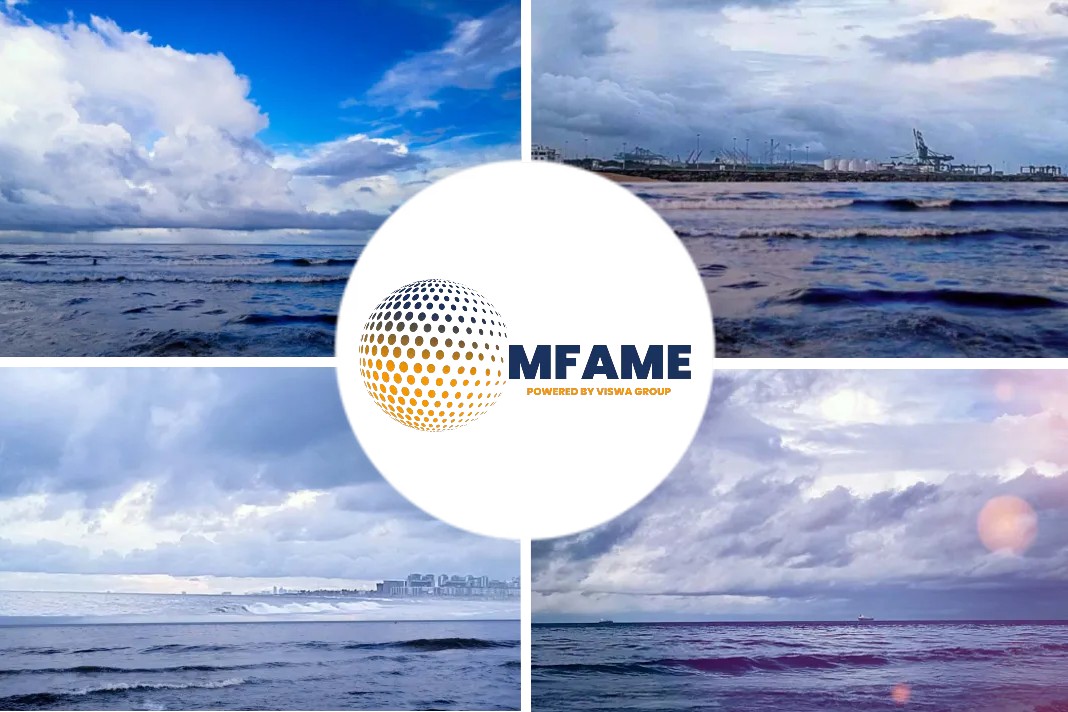- USGG sets temporary exemptions concerning TWIC operations.
- The regulations outlined throughout 33 and 46 Code of Federal Regulations remain in force.
- The Coast Guard will exercise flexibility to prevent undue delays, when compliance with these regulations cannot be met as a result of COVID-19.
- TSA may grant a temporary exemption from certain requirements in 49 CFR part 1572 for the expiration of the TWIC for current cardholders.
Considering the COVID-19 situation, USCG sets temporary exemptions concerning TWIC operations, reports Safety4Sea.
Marine Safety Information released
In light of the COVID-19 situation, the Coast Guard Assistant Commandant for Prevention Policy released a Marine Safety Information, concerning the “Transportation Worker Identification Credential (TWIC) Operations”.
This release clarifies temporary exemptions to credential expiration related to the outbreak.
Regulations remain in force
According to the USCG, the regulations outlined throughout 33 and 46 Code of Federal Regulations remain in force, and maritime operators are expected to continue to comply with these requirements.
However, the Coast Guard will exercise flexibility to prevent undue delays, when compliance with these regulations cannot be met as a result of COVID-19.
Joint clarification from TWIC and TSA
The following clarification is provided regarding the Transportation Worker Identification Credential (TWIC), which is jointly managed by the Coast Guard and the Transportation Security Administration (TSA).
TSA may grant a temporary exemption from certain requirements in 49 CFR part 1572 for the expiration of the TWIC for current cardholders. If this occurs the Coast Guard will take these exemptions into consideration.
In fact concerning Maritime Facilities and Vessels::
- TWIC Readers: The Coast Guard is not changing or delaying the TWICReader Rule implementation date of June 7, 2020, for facilities that receive vessels certificated to carry more than 1,000 passengers and vessels certificated to carry more than 1,000 passengers. However, the Coast Guard will delay enforcement until October 5, 2020. Applicable facilities and vessels are not required to update facility security plans (FSP)/vessel security plans (VSP) or install readers until the revised enforcement date.
- Escort Ratios: Escort ratios for secure and restricted areas of a facility are provided in Navigation and Inspection Circular (NVIC) 03-07. To provide flexibility due to COVID-19 related health impacts, the escort ratio may be adjusted to meet employee shortages or other demands. This would constitute a change to the FSP or require Captain of the Port approval via noncompliance (discussed below and in MSIB 07-20).
- New Hires: After enrollment has been completed and a new hire has presented an acceptable form of identification per 33 CFR 101.515(a) to the vessel security officer or facility security officer, that new hire may be allowed access to secure or restricted areas where an
- Other person(s) is present who holds a TWIC and can provide reasonable monitoring. The side-by-side escorting required in 33 CFR 101.105 for restricted areas will not be enforced during the COVID-19 pandemic. Additional compliance options for new hires can be found in 33 CFR 104.267 and 105.257 or via noncompliance (discussed below).
- Alternative Security Program (ASP): Local users who are unable to comply with the requirements in an approved ASP may pursue temporary relief via noncompliance (discussed below) or an amendment can be submitted to cover the entire ASP via submission to CG-FAC.
To explore more Click here.
Did you subscribe to our daily newsletter?
It’s Free! Click here to Subscribe!
Source: Safety4Sea






















